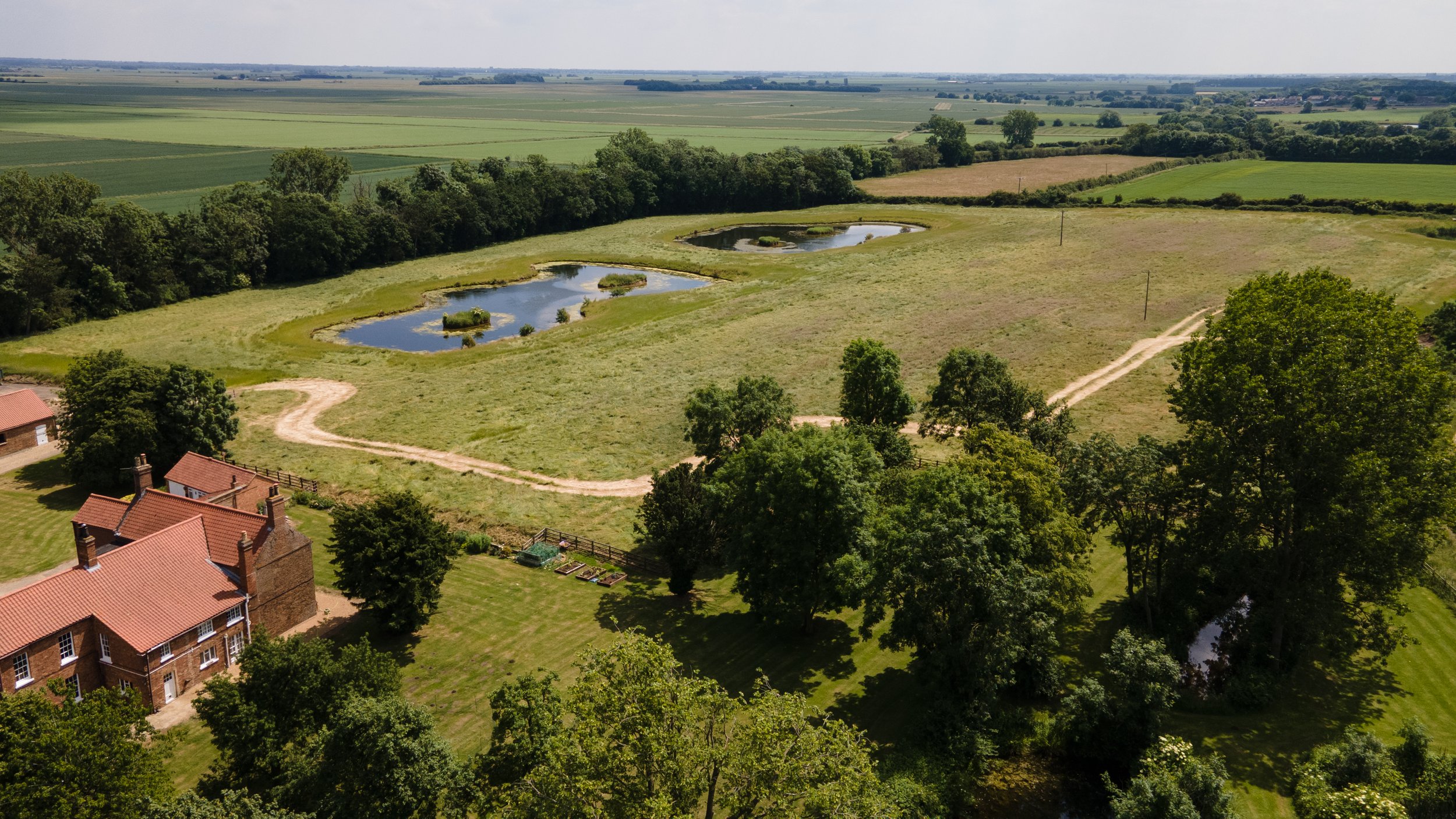
Sustainability & Environmental Policy
Sustainability and Environmental policy
Sustainability and environmentally friendly practices will be key for the tourism and farming industry going forwards, which is why we regularly review our practices and aim for a greener future.
All of our electric on-site is provided by companies that only provide renewable energy, likely powered by Wind Turbines. We ask guests to be mindful of switching off lights and appliances when they leave the building. All of our properties are fitted with LED energy saving bulbs.
As much as possible we use eco-friendly cleaning products. Chemicals can be harmful to the environment
and we use safe handling practices with all of our chemicals on-site.
We try to purchase high quality products, so we are less likely to need to change them so regularly.
We also aim to purchase sustainably produced and recyclable products where possible.
Our plan in the next 18 months is to provide on-site EV Charging when it is economically viable for
us to do so. At present we give guests information on where the local EV charging points are locally.
We encourage travel by bike, and have become ‘Cycle Friendly’ partner of Destination Lincolnshire.
We give people the opportunity to get outdoors and stay in the heart of the countryside.
We encourage guests to get out into the countryside and appreciate everything it has to offer, thus improving their knowledge of farming, the local environment, wildlife and everything that Climate change will threaten in the near future.
Our logs for 2023/2024 will be sourced from The Stourton Estate, just 20 minutes from here and all completely sustainable.
Our welcome baskets include mostly locally sourced produce, reducing the environmental impact with short travel and production distances as well as supporting local businesses
All of our cleaners/contractors are from within 30 minutes of the farm
The Stables is heated with LPG gas, which produces much less CO2 than natural gas and has less impact on air pollution. Our barns are well-insulated and we use the heating systems as little as possible – when a suitable green alternative is available we will for sure be looking to change our fuel sources.
We are planning to implement some rainwater storage that can be used for watering our plants on-site.
While farming is a business and a way of life, we all need to look at ways of reducing our carbon footprint. We constantly look for greener opportunities within the farming landscape, and the possibilities to improve our farming practices. We are partaking in the new Sustainable Farming Incentive, which is part of the Governments new Countryside Stewardship scheme for 2024.
As part of our pledge to nature and the environment, we are committed to improving our habitats on-site for nature:
· Leaving longer grassed areas around trees and margins
· Planting trees – we purchase trees from the Woodland Trust, and are aiming to improve the tree numbers on-site, as well as replace the trees that have been affected by Ash Dieback
· We leave open doors and sheds to allow swallows to make use of our barns for their important nesting period, and
leave them undisturbed
· We are slowly improving the bird habitat – small birds are under threat and safe breeding locations are important.
· We are currently looking at implementing bat boxes on the taller buildings to help our improving bat population
· Improving the foliage on our ponds – we leave this area as natural as possible and it’s cut for hay once a year, thus
providing a fabulous habitat for so many species
· We are also improving the pond life by moving plants for improved aeration and to reduce the soil erosion,
therefore supporting the habitat for the vast range of species and offering protection for small waterfowl
· We provide some hedgehog housing and leave the trees as much as possible giving lots of hiding places for
various species, we also monitor this where possible with nature cameras
· When it comes to farming, where possible we are looking to improve our soils and operate on a minimum
cultivation basis
· When it comes to gardening we try to buy products that utilise only recyclable products – for example not
black plastic
· Educating guests on the local wildlife and their habitats is important so they can also be connected with protecting their future
· We have become beekeepers and contribute to the management of these pollinators

